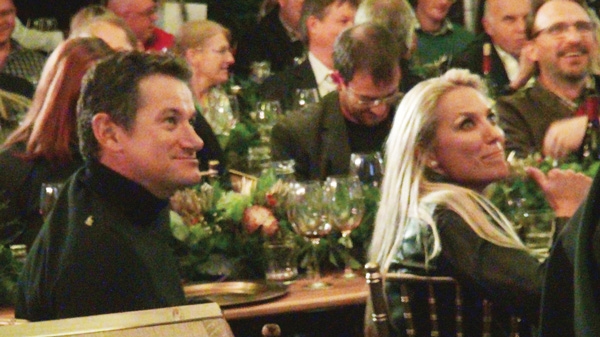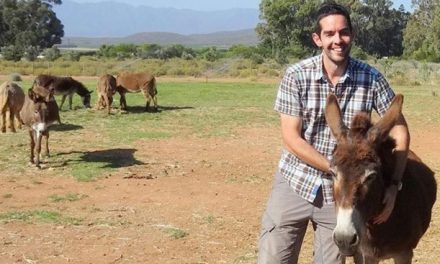
O&L progressing in carbon footprint reduction
The O&L Group Sustainability & Utilities Support Manager, Erwin Stegmann, has expressed satisfaction with the progress the group is making towards reducing its carbon footprint.
Stegmann said, “Having a Vision Metric of reducing our Carbon footprint by 20% by 2019, has created the necessary momentum within the O&L Group to do what is right for the environment – be it the installation of energy saving lights throughout the O&L Group, the Biomass Boiler at Namibia Breweries, the Biogas Plant at Namibia Dairies’ Super Farm, or Pick n Pay’s efforts to grow veggies locally, – everybody is working towards sustainable environmental practices.”
According to Stegmann, so far, the lights at nine Pick n Pay (PnP) stores in the country have already been replaced with energy saving lights. Stegmann said, “The process will continue until all PnP stores in the country are running on these energy saving lights that already sees a saving of at least 10 percent electricity usage at the 9 stores.”
Other O&L subsidiaries that have undergone the installation of energy saving lights include Namibia Breweries Limited (NBL) and Hangana Seafood. Broll Namibia has also started installing energy saving florescent lights, with successful installations having been done at Wernhil Park, The O&L Centre, and The Alexander Forbes Building Parkade.
Namibia Breweries is in the process of installing a biomass boiler at their Windhoek production plant.
The boiler, which is imported from Austria will allow the brewery to replace 80% of the current 3600 tons of Heavy Fuel oil used per year with wood chips from invader bush in Namibia.
NBL has invested N$50 Million into this initiative. NBL’s Engineering Manager Bernd Esslinger, said that NBL’s plan is to use 7500 tons of wood chips per year which will replace 3100 tons of oil.
“This is cost efficient in the long term, however it is primarily driven from our commitment to reducing our carbon footprint,” he said adding that the company is investing in sustainability.
Furthermore, at its Super Farm in Mariental, Namibia Dairies (ND) is in the process of implementing a system which will see cow dung converted into biogas to generate electricity.












































